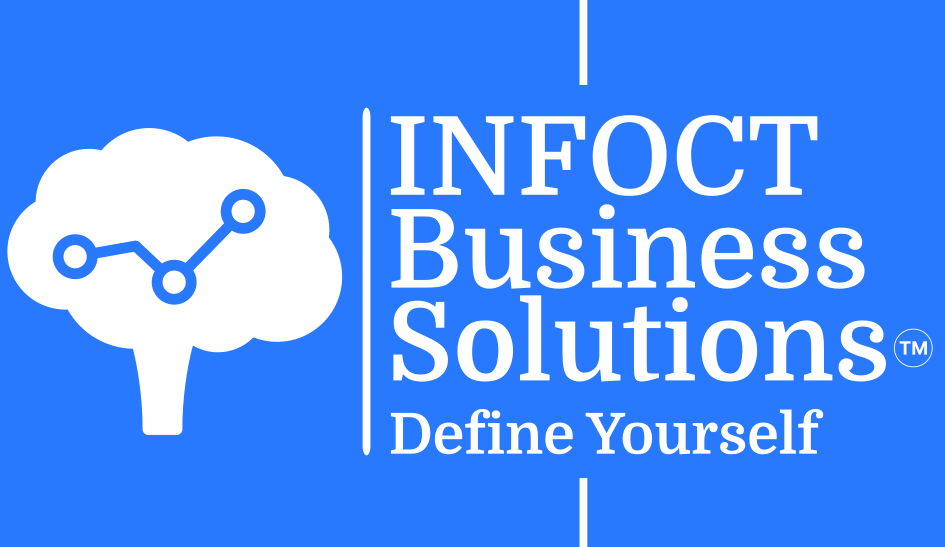A Comprehensive Guide to Becoming a Medical Coder: Certifications, Salary, and Career Prospects
With an aging population driving the demand for healthcare services, medical coding has emerged as a crucial behind-the-scenes role in the healthcare industry. If you’re considering a career in medical coding, this guide will help you understand the steps to get there, the importance of certifications, and the potential salary you can expect.

Understanding Medical Coding
Medical coding involves translating healthcare services, procedures, diagnoses, and equipment into standardized codes used for billing and insurance purposes. Medical coders play a critical role in ensuring that healthcare providers are reimbursed accurately and that patient records are maintained properly.
Steps to Become a Medical Coder
1. Enroll in a Specialized Education Program: Start your journey by choosing an accredited medical coding program. These programs range from short-term certification courses to comprehensive degree programs. While a four-year degree isn’t necessary, it can provide a strong foundation for future career advancement. Many programs offer online learning options and internships to give you practical experience.
2. Master Key Medical Code Sets: Familiarize yourself with the essential code sets used in medical coding, such as ICD (International Classification of Diseases), CPT (Current Procedural Terminology), and HCPCS (Healthcare Common Procedure Coding System). Stay updated with changes and revisions to these codes.
3. Gain Knowledge in Health and Medical Procedures: A thorough understanding of human anatomy, physiology, and medical terminology is vital. Regularly attending workshops or additional courses will help you stay current with new medical procedures and treatments.
4. Obtain Professional Certification: Although not always required, certification can significantly enhance your job prospects and career growth. Certifications like the Certified Professional Coder (CPC) from the American Association of Professional Coders (AAPC) and the Certified Coding Specialist (CCS) from the American Health Information Management Association (AHIMA) are highly regarded in the industry.
Finding a Job and Advancing Your Career
1. Research Potential Employers: Medical coders can work in various settings, including hospitals, physician offices, insurance companies, and medical software firms. Remote work opportunities are also increasing, offering greater flexibility.
2. Highlight Your Qualifications: When applying for jobs, customize your resume to highlight your skills, certifications, and any relevant experience. Emphasize any training or achievements, such as improvements in coding accuracy or efficiency, to stand out to employers.
3. Utilize Specialized Job Boards: Make use of job boards that focus on medical or remote positions, like FlexJobs. Networking through professional events and online platforms can also help you discover job opportunities that may not be widely advertised.
Salary Expectations and Job Outlook
According to the Bureau of Labor Statistics, the demand for medical coders—categorized as “medical records specialists”—is expected to grow by 8% over the next decade, faster than the average for all occupations. The median annual salary for medical coders is approximately $47,180, or $22.69 per hour, though this can vary based on location, experience, and the specific employer.
Top Companies Hiring Remote Medical Coders
- AdventHealth: Operating across nine states, AdventHealth offers remote and flexible job opportunities in healthcare.
- AMN Healthcare: A leading healthcare staffing firm with a virtual-first work structure.
- Carta Healthcare: Known for its AI-driven Atlas product, simplifying clinical data management.
- Cleveland Clinic: This renowned not-for-profit organization provides clinical care and academic research opportunities.
- Ensemble Health Partners: Partners with hospitals to enhance financial and operational performance.
- Excite Health Partners: Specializes in healthcare IT consulting and recruiting.
- GeBBS Healthcare Solutions: Offers revenue cycle management and health information management solutions.
- Northwestern Memorial Hospital: A top academic hospital with a focus on innovation and excellence.
- Savista: Provides flexible revenue cycle management solutions to healthcare clients.
- Surgical Notes: Specializes in advanced coding software solutions for the healthcare industry.
A career in medical coding offers a promising future with ample opportunities for growth and flexibility. By obtaining the necessary education, certifications, and practical experience, you can build a successful career in this vital and growing field.
For More : https://infocthealtcare.com/blog/
Linked In: https://www.linkedin.com/company/infoct-business-solutions/



